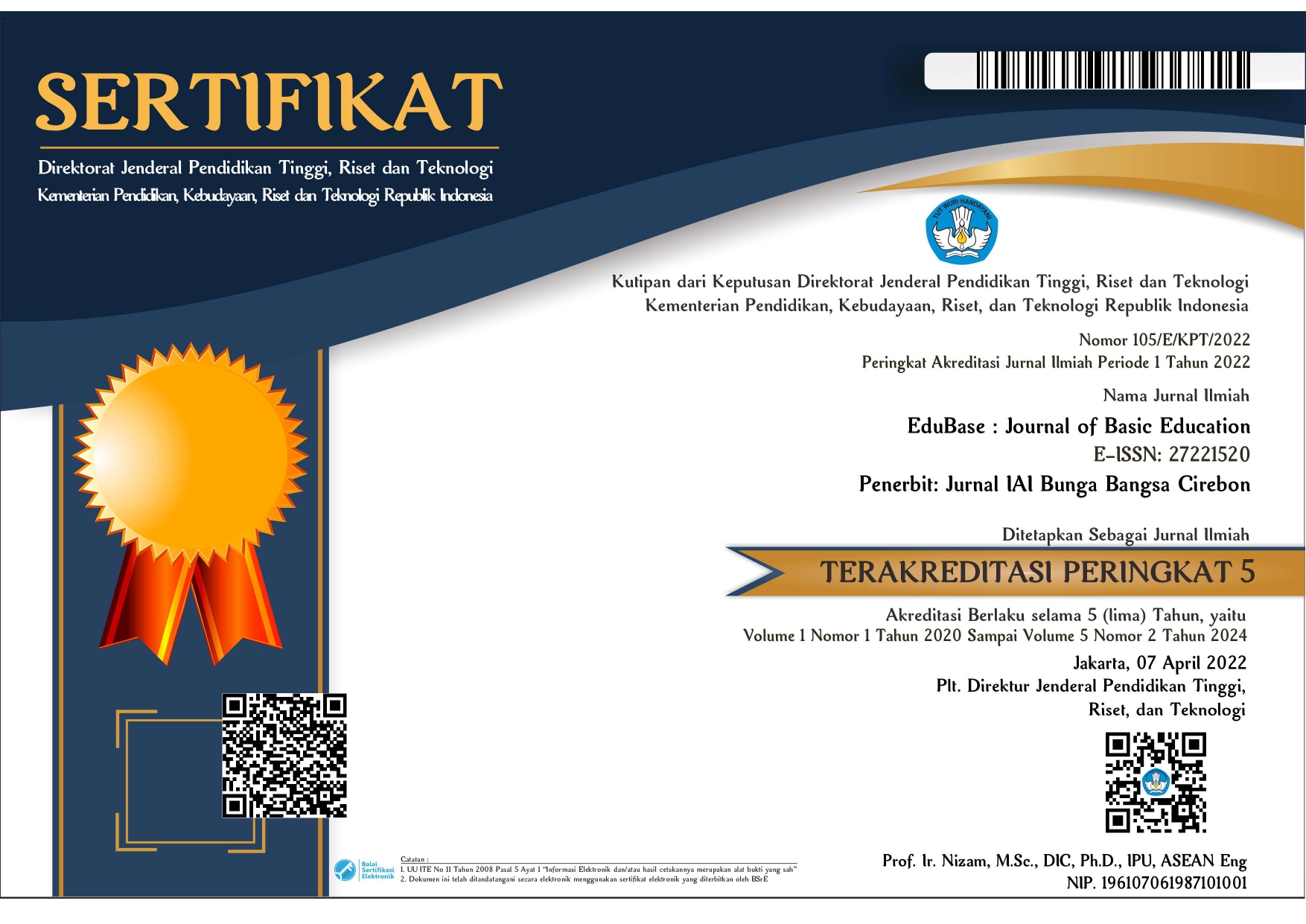|
Aim and Scope Journal of Basic Education (Edubase) is an international peer-reviewed journal that publishes original research papers and reviews in the field of basic education conducted by educational practitioners such as teachers, lecturers, basic education observers, basic education policy makers and students. This journal is dedicated to promoting global scientific and technological progress by providing a platform for researchers, scientists and academics to publish their research findings and share their knowledge with the wider scientific community. Edubase receives input from researchers, scientists and academics around the world on topics including:
All submissions to Edubase undergo a rigorous peer review process to ensure the quality and validity of published research. This journal encourages the submission of papers that present innovative and original research, and contribute to the development of new theories, methodologies and techniques in the field of elementary education science. Edubase is committed to promoting open access to scientific research and aims to make research accessible to a wider audience, including researchers and students in the global arena, especially developing countries who may not have access to expensive scientific journals. This journal also seeks to foster collaboration and partnerships between researchers around the world and facilitate the exchange of ideas and knowledge between scientific disciplines. Types of Articles Published
All articles published on Edubase must be based on rigorous and ethical research and adhere to the highest standards of scientific integrity. The journal encourages the submission of articles that present innovative and original research and contribute to the development of new theories, methodologies and techniques. Publication Frequency Language Publication Fees Open Access Policy Ownership and Management Publisher Copyright and Licensing EduBase values copyright protection and licensing to protect the rights of authors and facilitate the dissemination of proper research. Our policies ensure openness, accessibility, and attribution. The author retains copyright ownership, and the article is published under a Creative Commons Attribution License (CC BY), allowing proper sharing, adaptation, and attribution. Authors have the freedom to publish under a CC BY license, granting permission for reuse and wide distribution. EduBase supports posting articles in third-party repositories, following institutional and funding restrictions. The author guidelines detail copyright and license requirements, empowering authors with knowledge of their rights and responsibilities. The policy fosters an environment of collaboration, openness, and responsible sharing, benefiting authors and the research community while respecting intellectual property rights. Revenue Sources EduBase uses multiple revenue sources to maintain its operations and uphold transparency. We provide clear information about our revenue model on our website. Our sources of revenue include the Article Processing Fee (APC), which authors pay upon receipt of the manuscript to cover publication costs. Institutional support from Universitas Islam Bunga Bangsa Cirebon and other academic institutions helped with our administrative and technological needs. We may show relevant ads that do not compromise the integrity of the content. Grants, sponsorships, and donations from aligned entities support initiatives such as special issues and conferences. Importantly, our revenue sources do not influence editorial decisions; Manuscripts are evaluated solely on the basis of scientific merit. We prioritize affordability, accessibility, and publishing standards to maintain transparency in our operations. Advertising EduBase maintains transparency and integrity through its advertising policies. Relevant and appropriate advertising, such as academic conferences, educational programs, and research tools, is considered. The editorial board or advertising committee makes decisions based on relevance and quality. Advertising does not influence editorial decisions, ensuring the scientific merits of the manuscript. They are displayed separately from the published content, clearly distinguished, and placed in the designated section. Ads are not related to specific content or reader behavior, selected based on relevance, or displayed randomly. EduBase promotes professionalism, ethics, and separation of advertising from scientific content, upholding editorial independence and article integrity. Direct Marketing EduBase uses direct marketing activities to promote journals while maintaining ethical standards. Our approach involves targeted outreach to researchers and academics in relevant fields, ensuring accurate and informative communication about EduBase's mission and features. We prioritize transparency, obtaining consent, and respecting data privacy regulations. Our unobtrusive approach aims to provide valuable information without overwhelming recipients. We comply with applicable regulations and continually review compliance with our practices. EduBase is dedicated to responsible and ethical direct marketing, engaging the scientific community, encouraging collaboration, and transparently disseminating high-quality research. Journal History EduBase has a rich history dating back to 2020 when Universitas Islam Bunga Bangsa Cirebon designated it as "EduBase: Journal of Basic Education; E-ISSN 2722-1520)" with publication in Indonesian. In 2024, the journal shifts its focus to promoting research from across the country and begins accepting only English-language manuscripts. EduBase focuses on research that integrates different fields or subfields in Basic Education science that include Learning Strategies, Learning Models, Learning Methods, Learning Media, Teaching Materials, Learning Resources, and School Management in the basic education domain. EduBase does just that to attract more international readers and writers. EduBase is committed to promoting access to research and knowledge within the scientific community with limited access to scholarly journals. |
| IN COLLABORATION WITH |
|---|
|
Perkumpulan Dosen Pendidikan Guru Madrasah Ibtidaiyah (PD PGMI) Indonesia |
| SUPERVISED BY |
|---|
Relawan Jurnal Indonesia (@relawanjurnal_id) |
| PETA |
|---|
EduBase Indexed By :
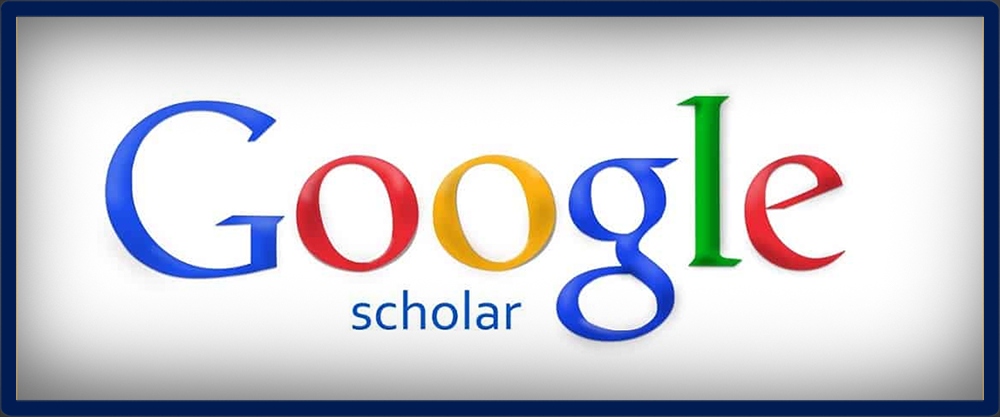 |
 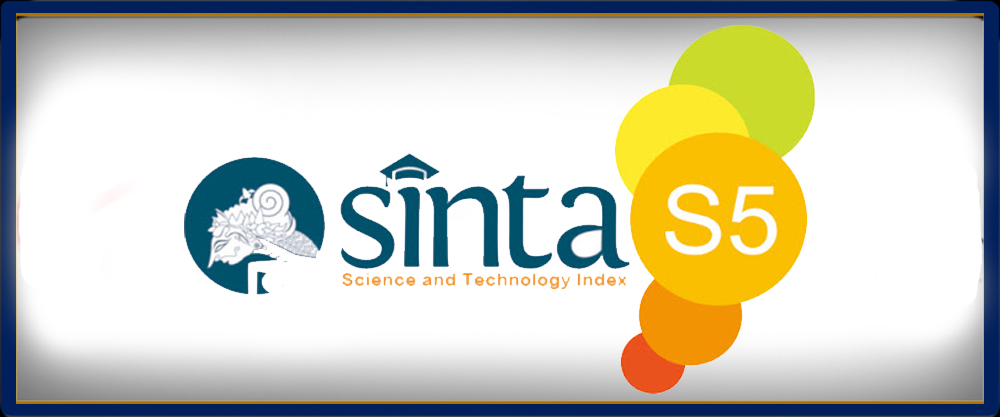          |
    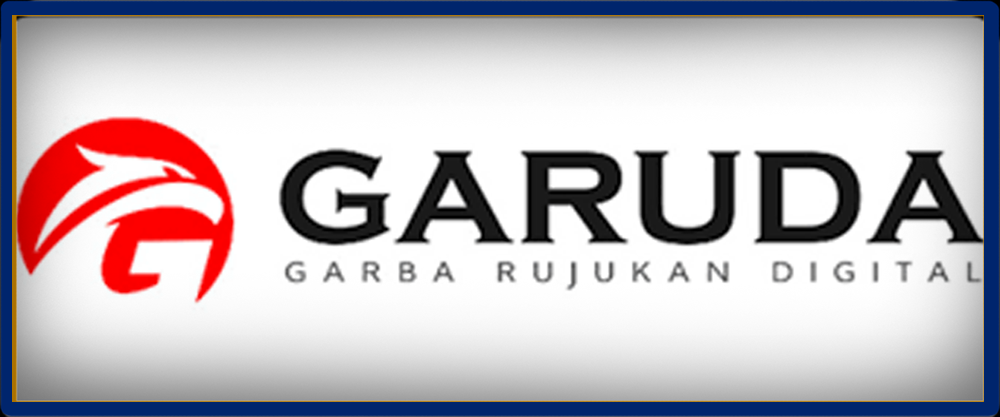 |
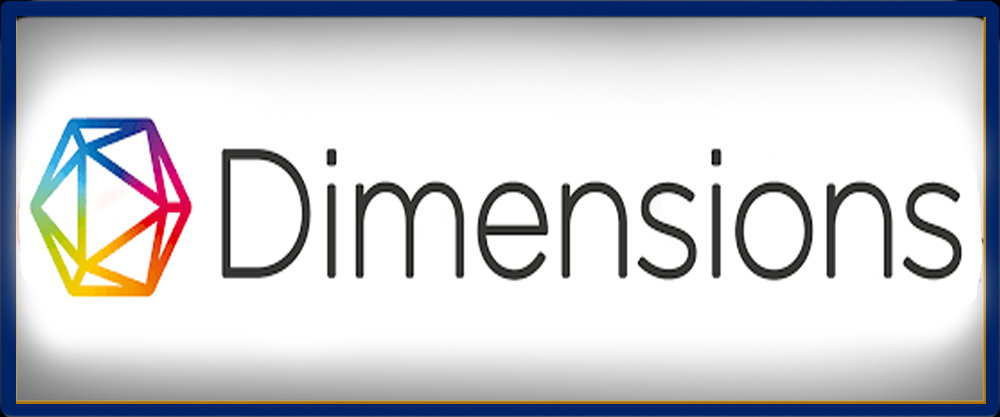 |
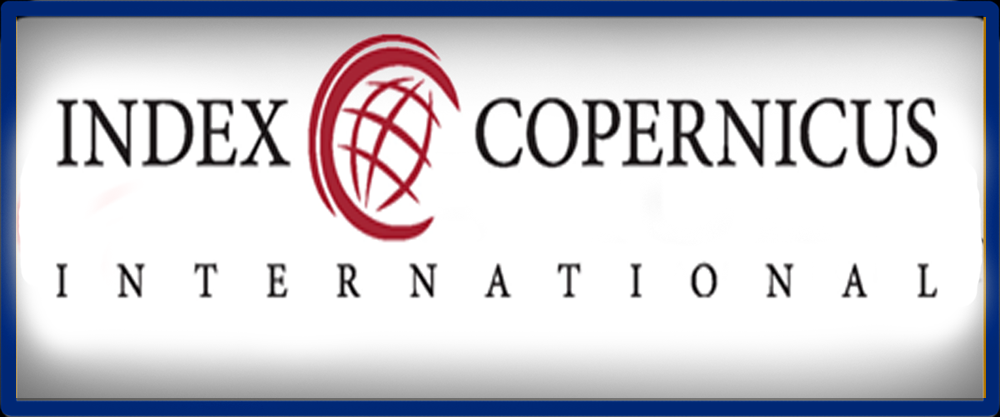 |
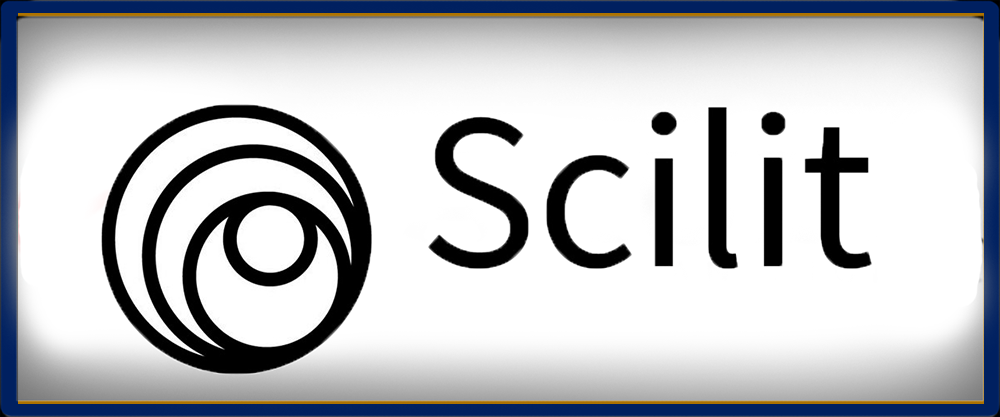 |
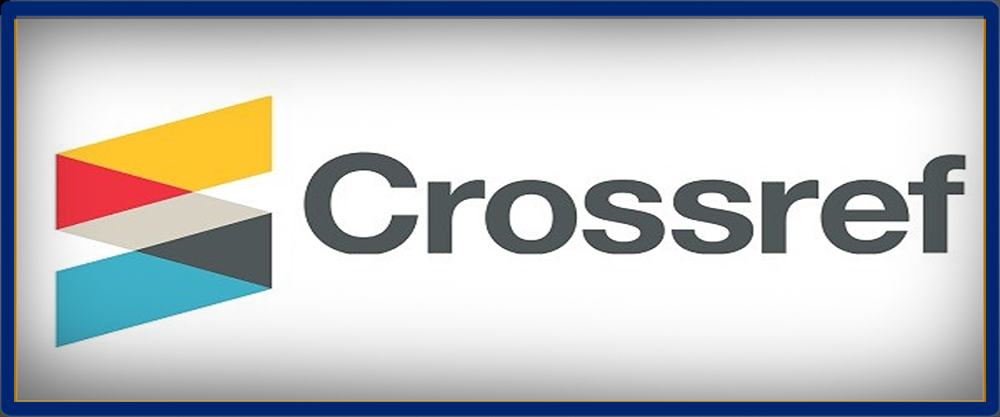 |
 |
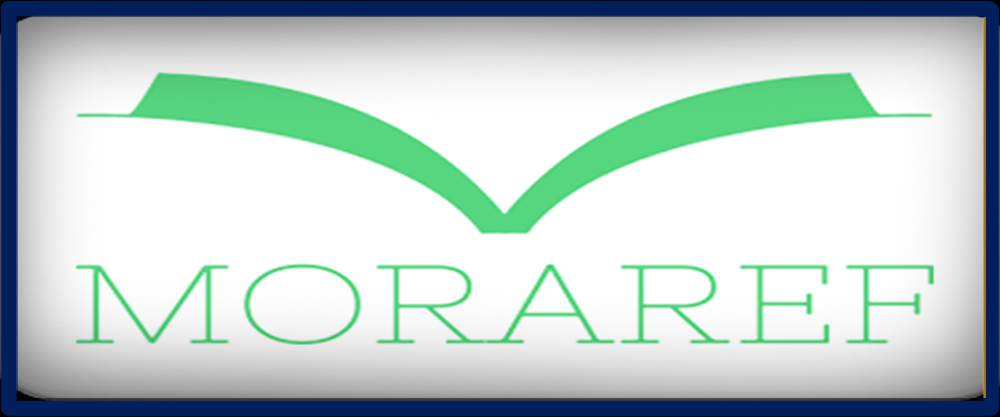 |
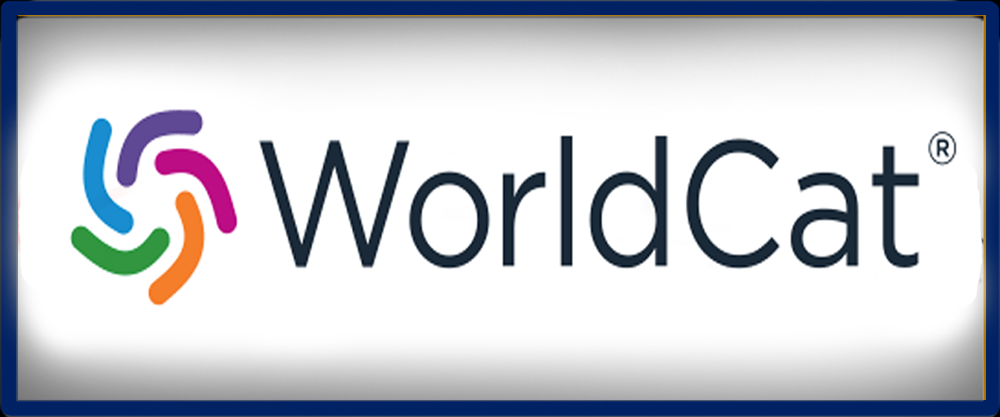 |
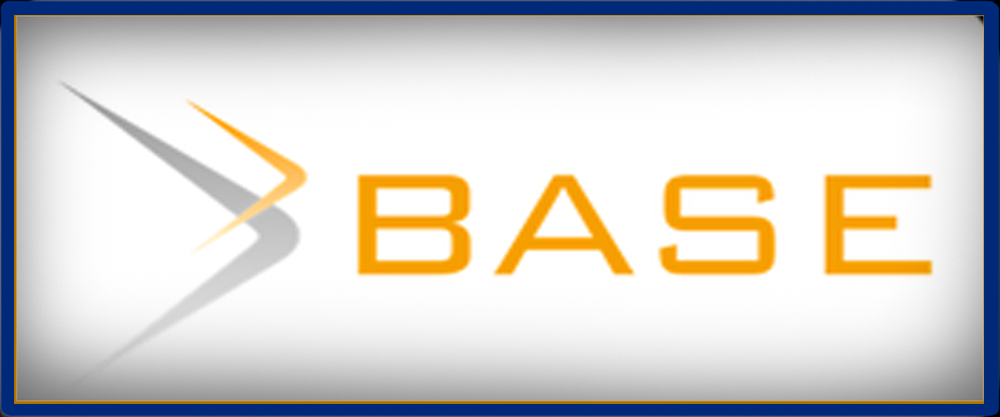 |
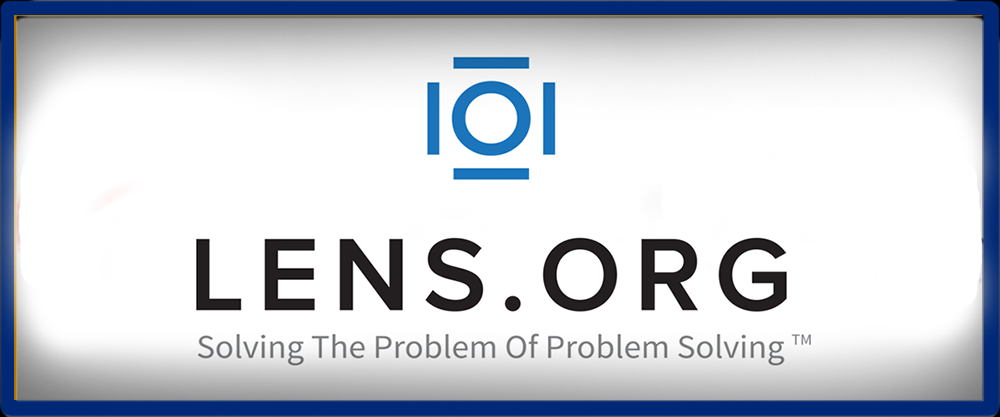 |
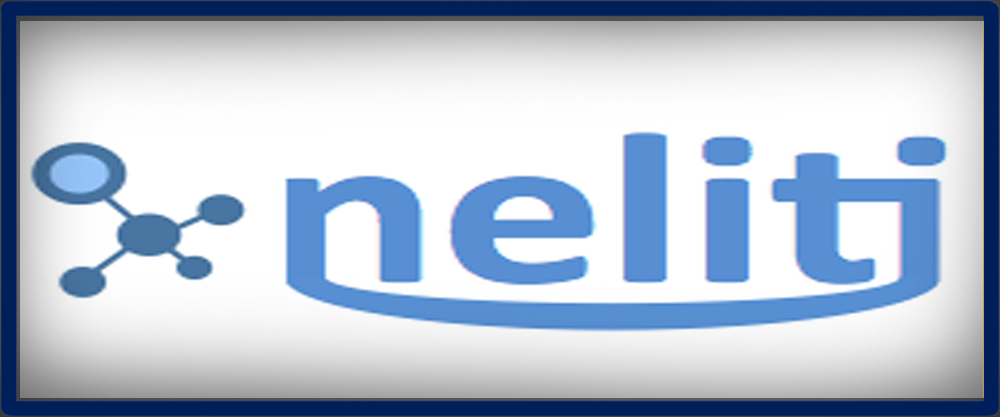 |
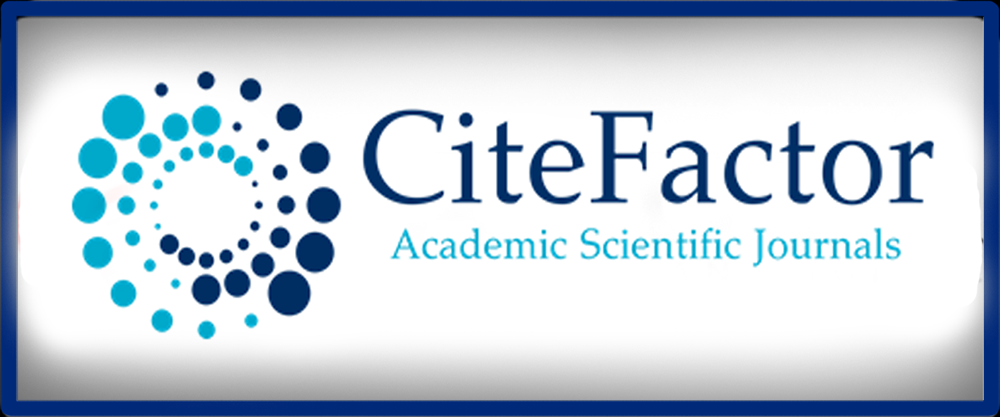 |
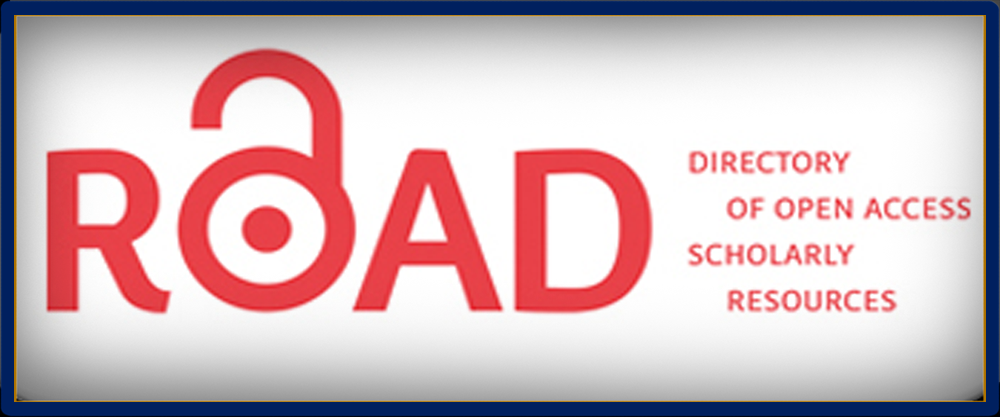 |
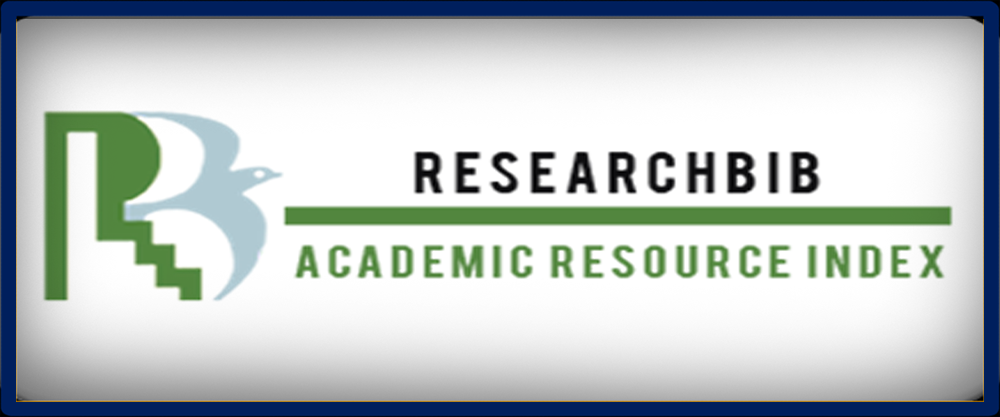 |
||
 This work is licensed under a Creative Commons Attribution-NonCommercial-ShareAlike 4.0 International License
This work is licensed under a Creative Commons Attribution-NonCommercial-ShareAlike 4.0 International License

